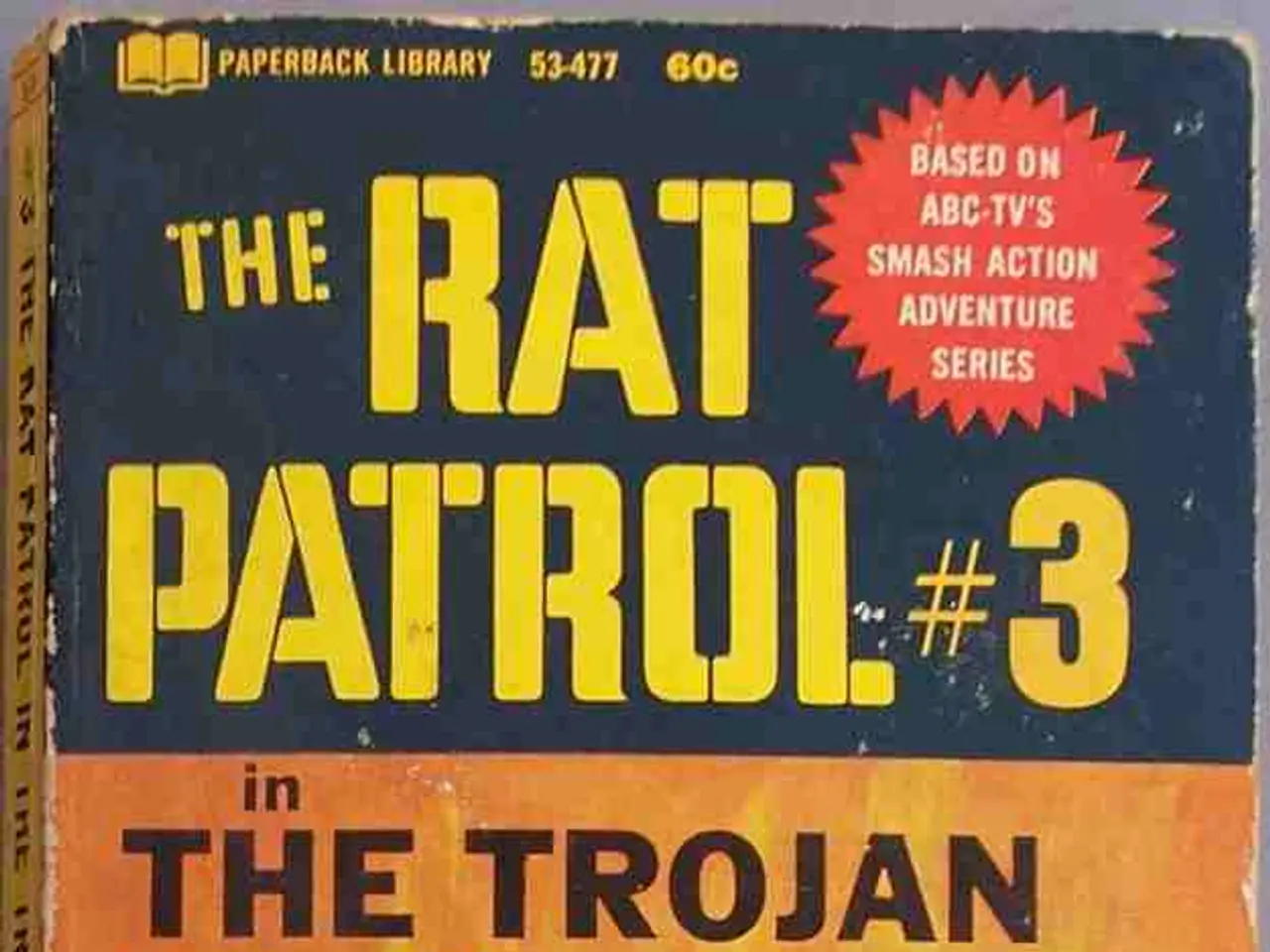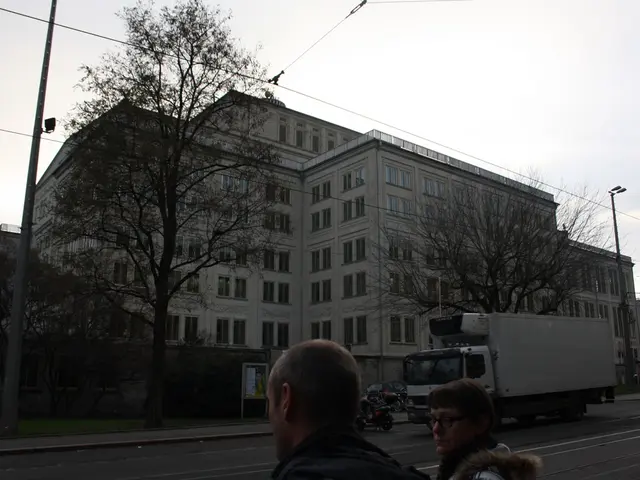Global Nuclear Order Under Threat as Peace Promise Falters
The delicate balance of the global nuclear order is under threat. Human error, technological advancements, and geopolitical tensions are straining stability. Meanwhile, the promise of peace from nuclear weapons is increasingly questioned, as seen in the lack of support for the Treaty on the Prohibition of Nuclear Weapons (TPNW).
The US-China geopolitical contest is sharpening the paradox of nuclear politics. These powers, along with Russia, maintain their arsenals, promising stability but also threatening annihilation. The specter of nuclear war looms, as seen in Russia's threats during the Ukraine conflict. Despite this, no nuclear-armed state or major power has signed the TPNW, which aims to eliminate these weapons.
Establishing nuclear-weapon-free zones, like in the Middle East, could advance disarmament. However, integrating emerging technologies like AI and quantum computing into disarmament frameworks is also crucial. The 2024 Nobel Peace Prize awarded to a Japanese grassroots movement of atomic bomb survivors underscores the urgency of this issue. Redirecting the €78 billion spent on nuclear arsenals in 2023 could accelerate progress on UN Sustainable Development Goals.
The nuclear balance is fragile, and the promise of peace from these weapons is increasingly uncertain. Meaningful disarmament requires global cooperation, technological integration, and a shift in priorities. The world must address this paradox before it's too late.
Read also:
- Inherent Skills Know No Bounds, Yet Access to Employment Remains Unequal: Suggestions for a More Equitable Job Market of the Future
- Exploring Physical Recovery after the Overturning of Roe v. Wade Decision
- Top CDC Official Debra Houry Issues Warnings Regarding RFK Jr.'s Proposed Alterations
- "Understanding Fodder: Explore 6 Variations to Test"








